Extra 10% Off All Sale Items | Shop Now |
Register Now & Unlock Free Shipping Every Order
Explore ECCO

ECCO BIOM
Whether you're taking a light stroll, embarking on a rocky hike, or enjoying a round of golf, we have the right pair of BIOM's for you.
Inside ECCO
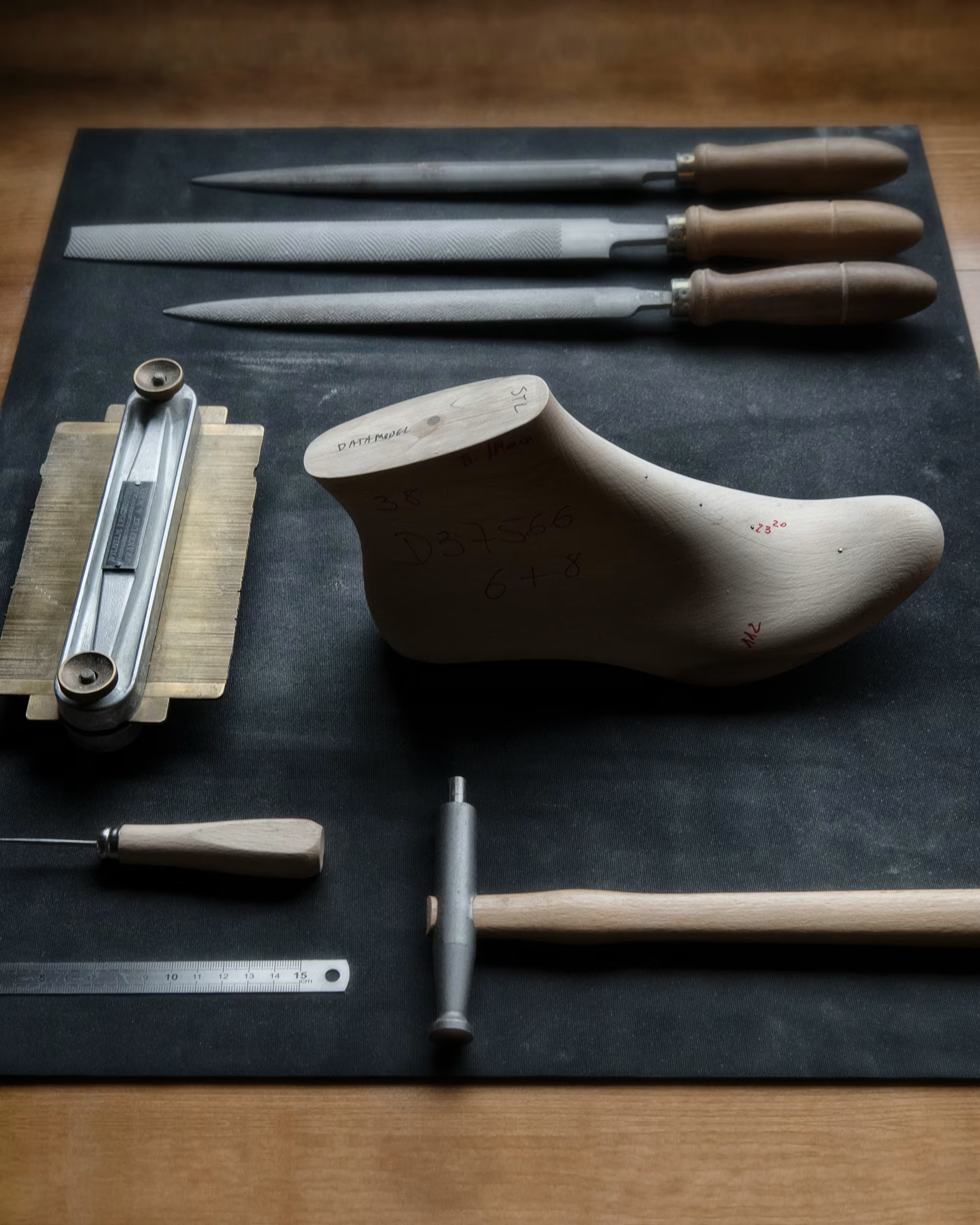
About ECCO
Learn how the masterminds behind our products craft the ECCO collections.

Sustainability
See our environmental practices and how we strive to minimise our impact on the planet.
ECCO Community
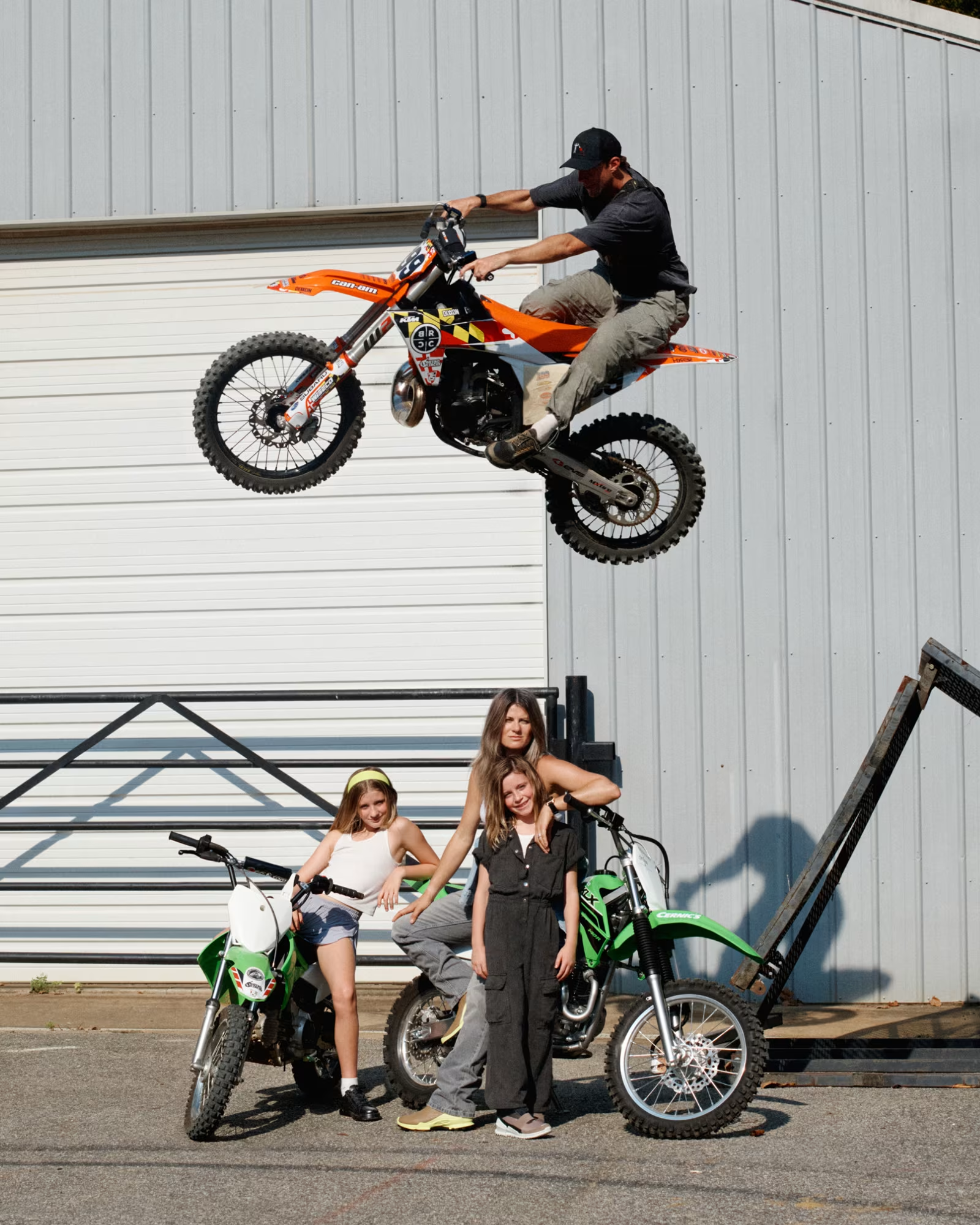
Meet The Pastranas
Shared passions, extreme sports –it’s a day in the life of the Pastrana family.
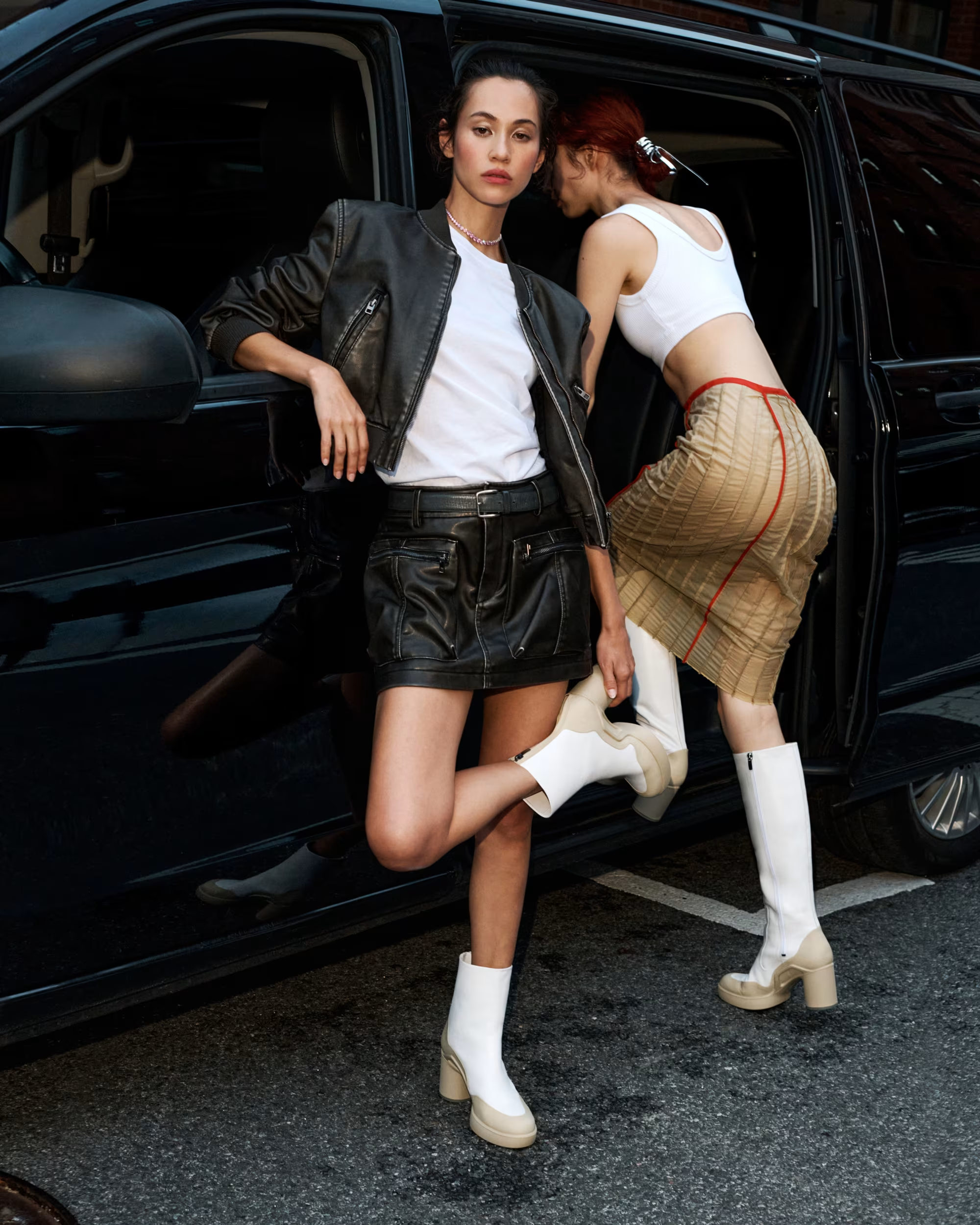
Meet The Mizuharas
Style, breaking boundaries and girl-power – behind the scenes with Kiko and Yuka Mizuhara.
Guides
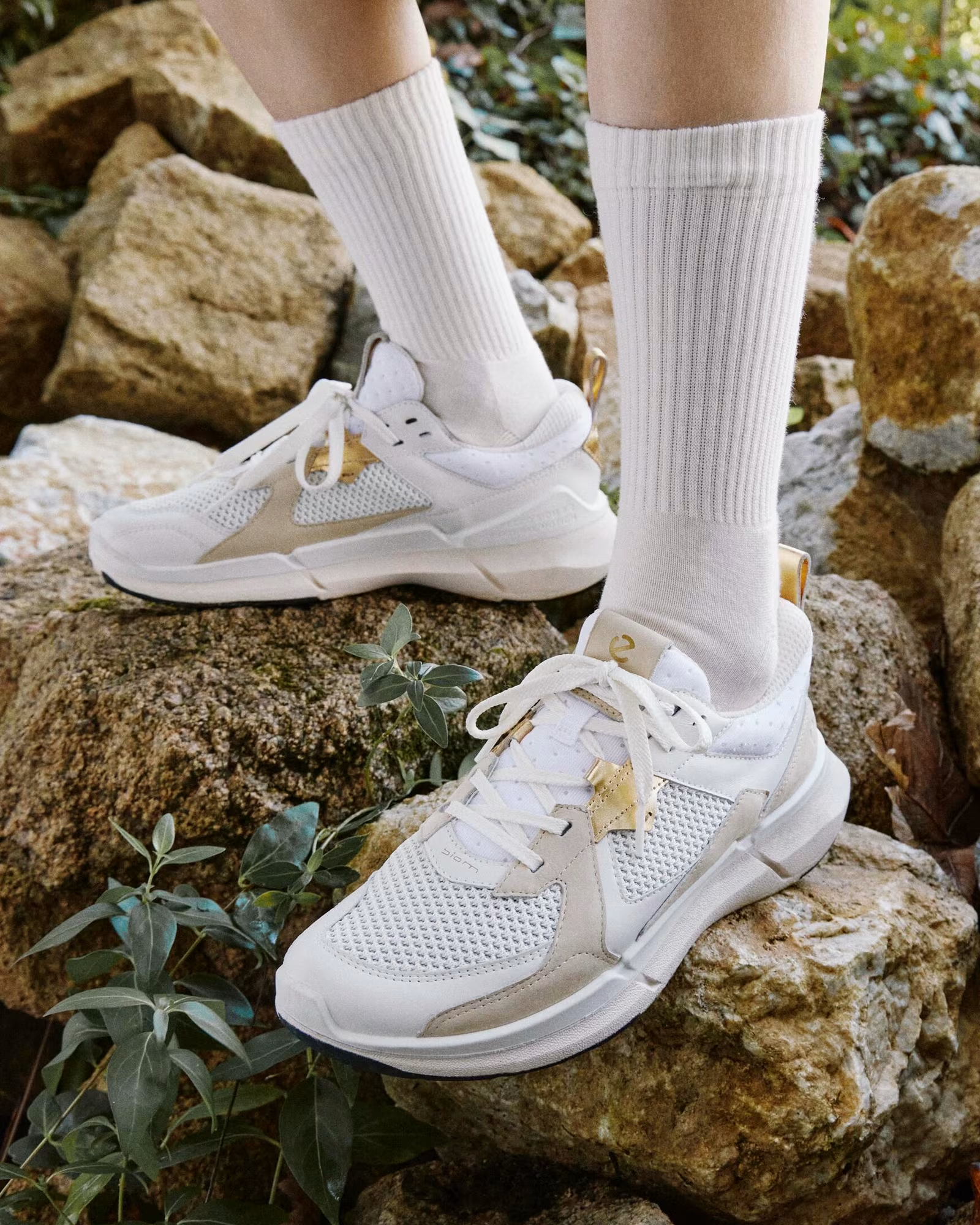
Trending Sneakers 2024
Explore Spring 2024's hottest sneaker trends: metallics, pinks, and technical designs
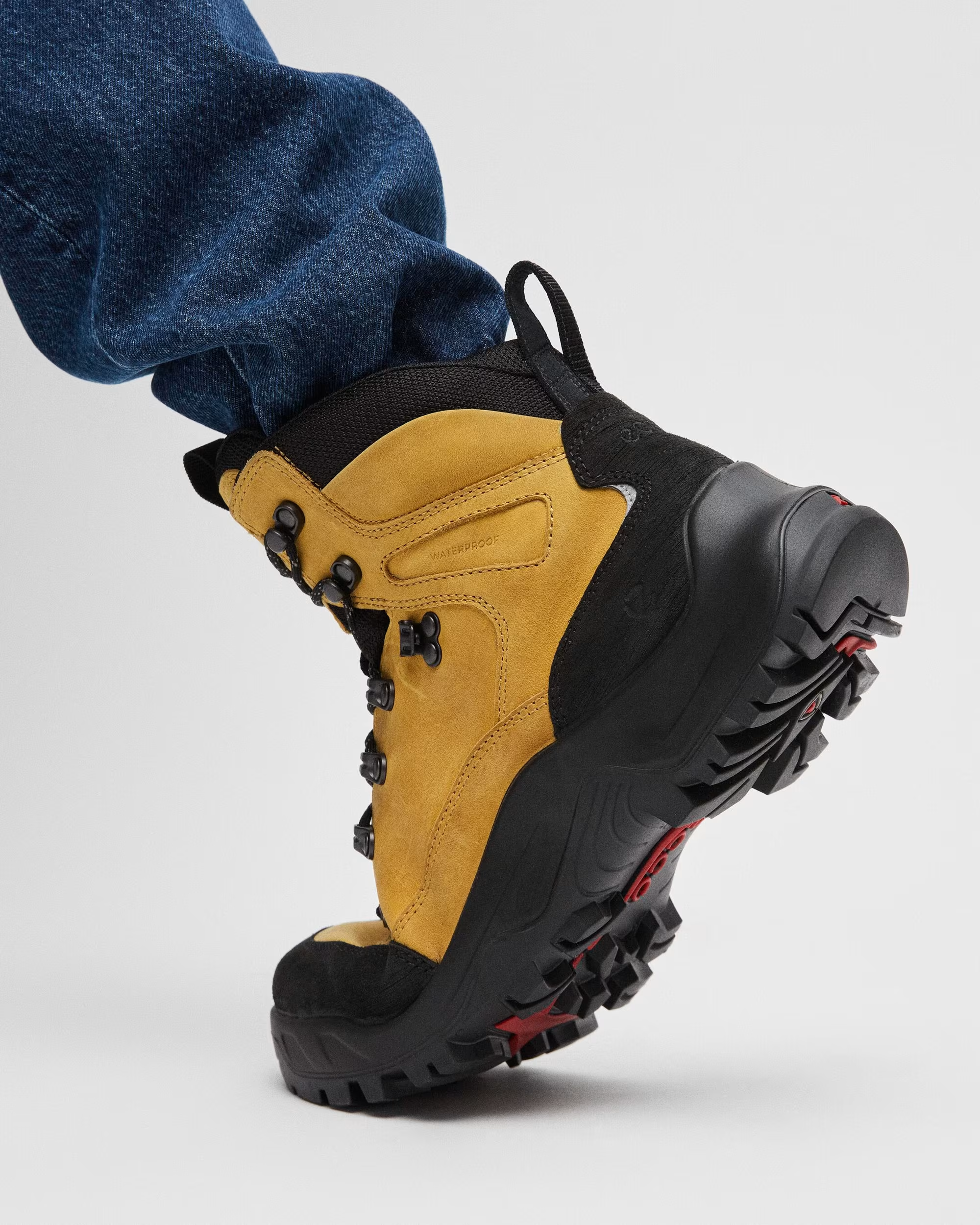
Hiking Shoes for Outdoors
Discover our selection of successful hiking shoes, combining comfort and performance.
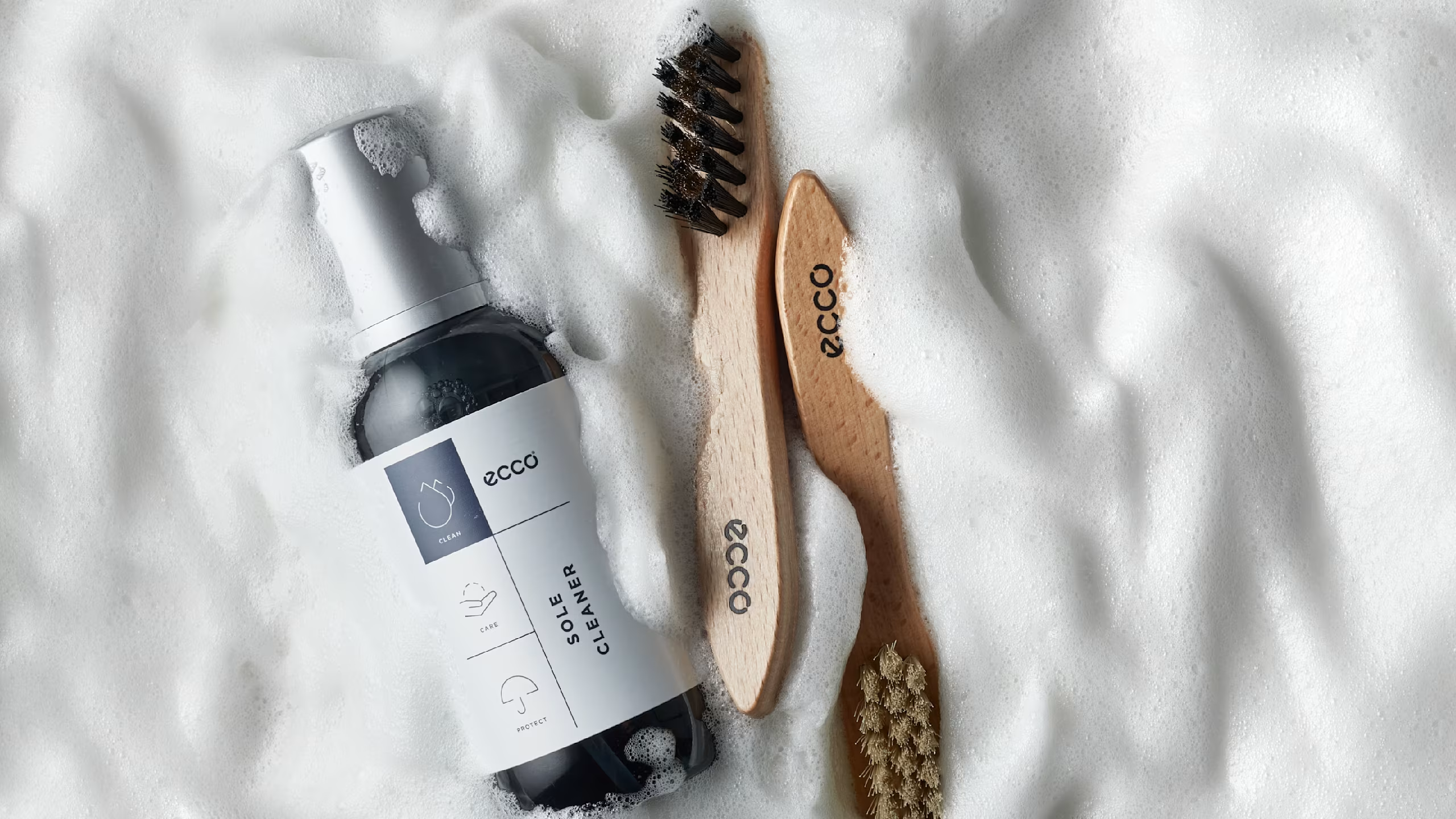
The Ultimate Shoe Care Method
Do you want to keep your shoes looking good, feeling fresh and lasting longer?
Then follow our specially developed ECCO shoecare method.